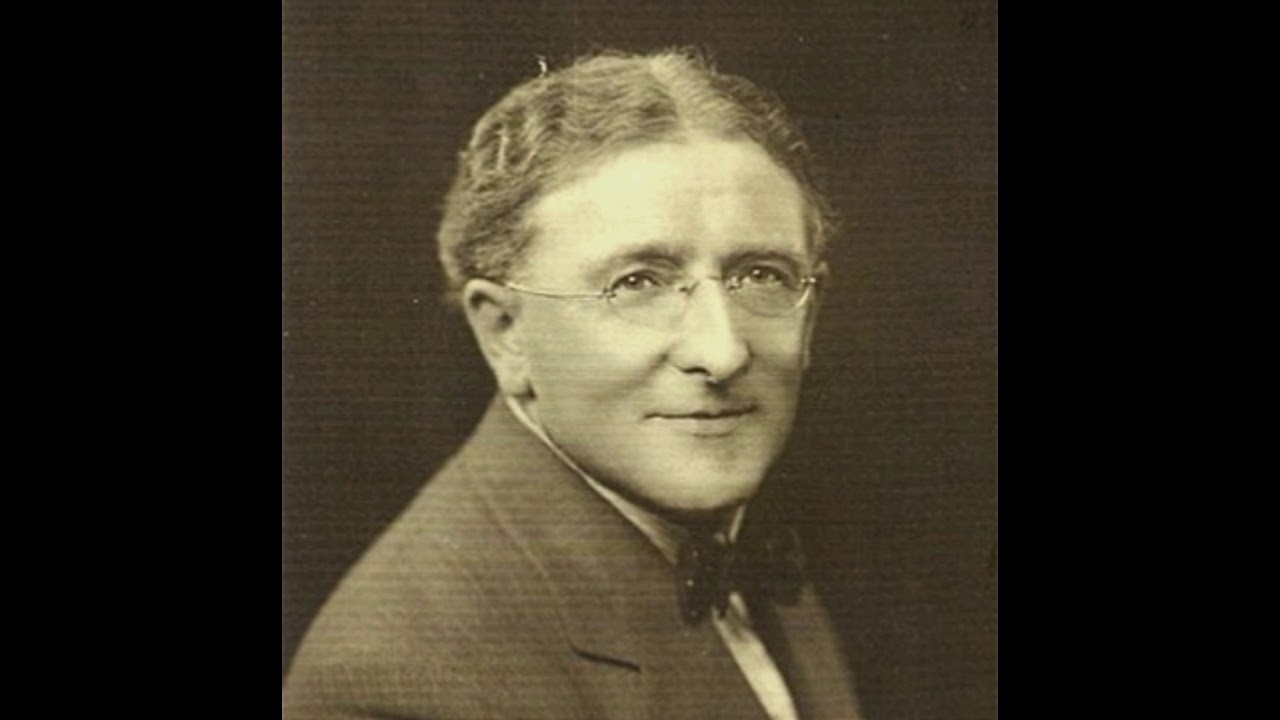
Albert Ketèlbey – Biography and Life
Albert William Ketèlbey (1875-1959) was a British composer and conductor whose prolific output of light orchestral music left an indelible mark on the musical landscape[…]
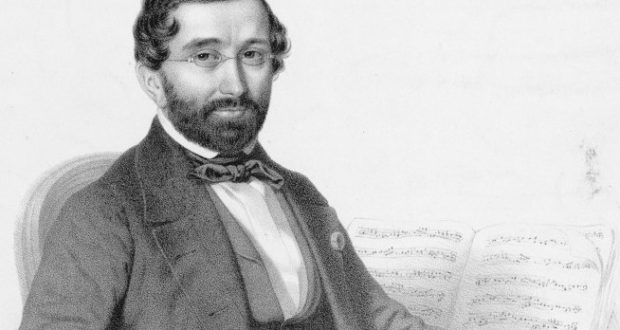
Adolphe Adam – Biography and Life
Adolphe Adam (1803–1856) was a French composer and music critic best known for his contributions to the world of ballet and opera. Born on July[…]
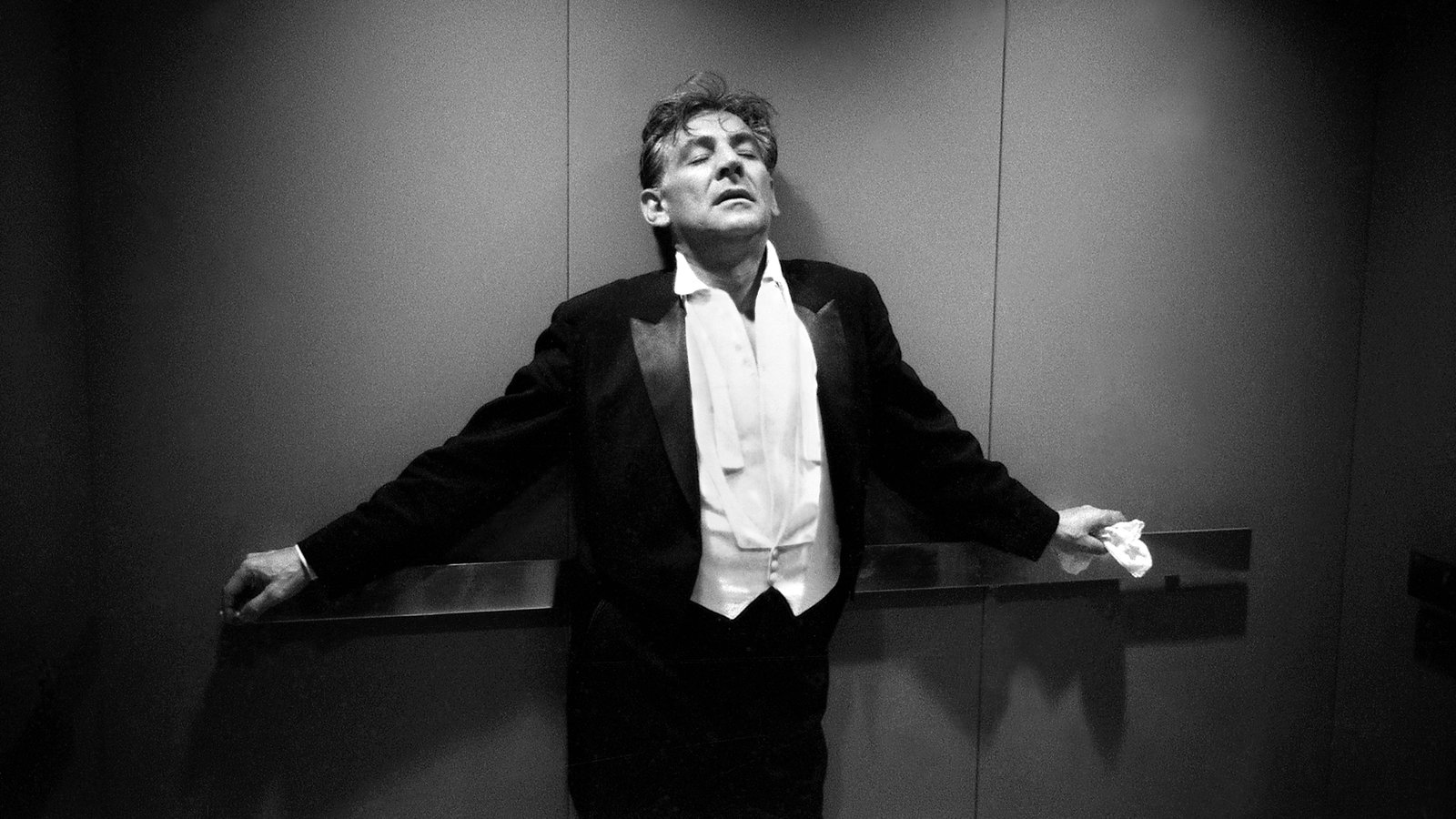
Leonard Bernstein – Biography and Life
Leonard Bernstein (1918-1990) was an iconic American composer, conductor, and pianist whose influence on the world of classical and contemporary music remains profound. Born on[…]
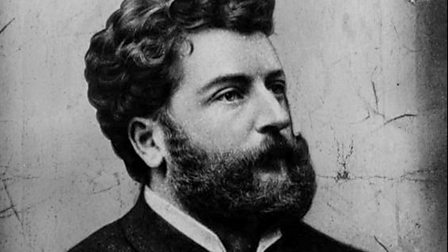
Georges Bizet – Biography and Life
Georges Bizet, born on October 25, 1838, in Paris, France, was a brilliant and influential composer of the Romantic era. His full name was Alexandre-César-Léopold[…]
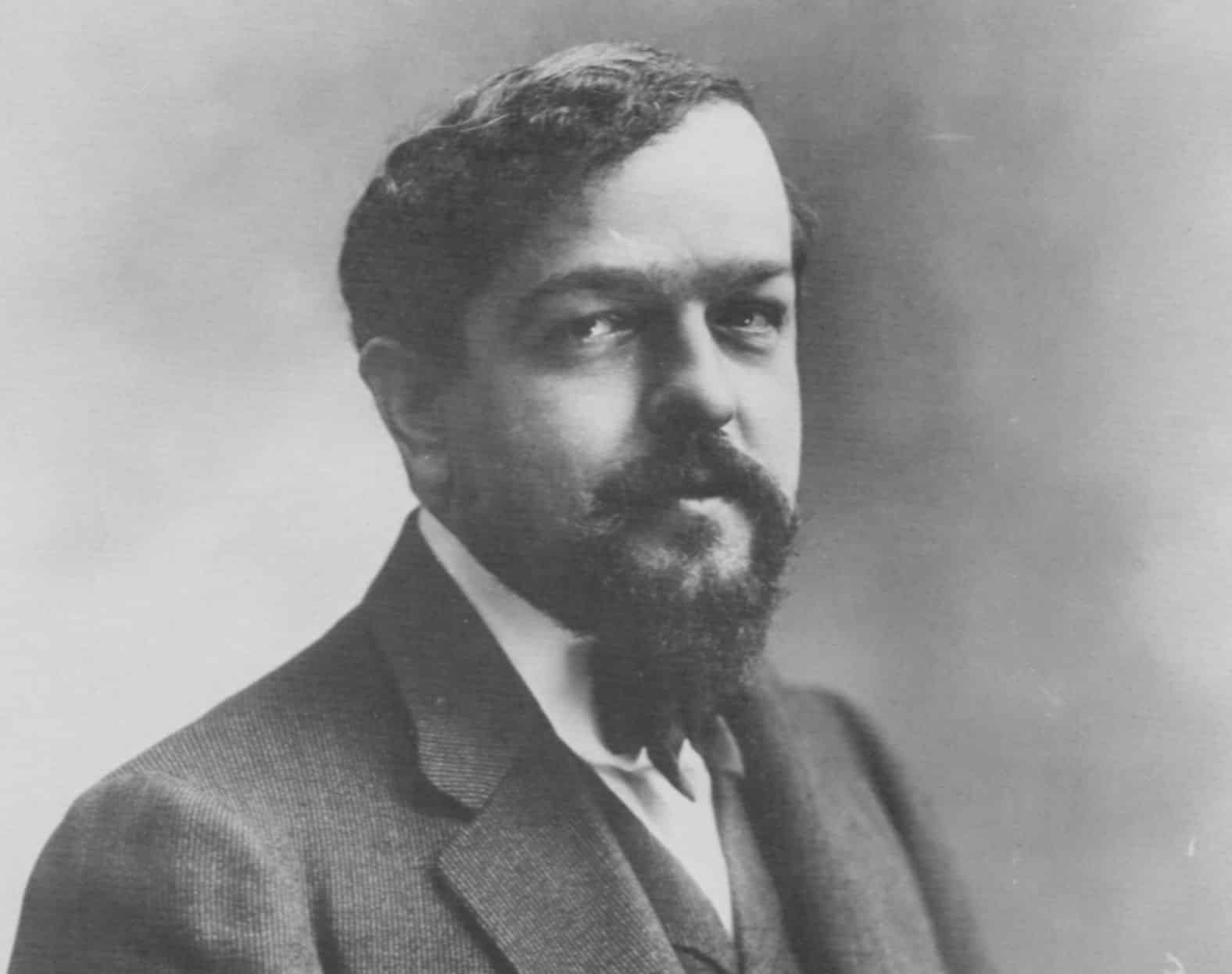
Claude Debussy – Biography and Life
Claude Debussy (1862-1918) stands as one of the most influential and innovative composers of the late 19th and early 20th centuries, contributing significantly to the[…]
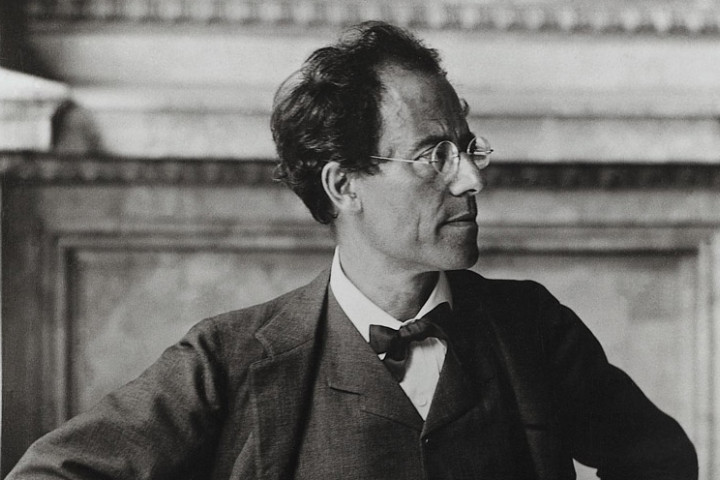
Gustav Mahler – Biography and Life
Gustav Mahler, a towering figure in late 19th and early 20th-century classical music, was born on July 7, 1860, in Kalischt, Bohemia (now Kaliště, Czech[…]
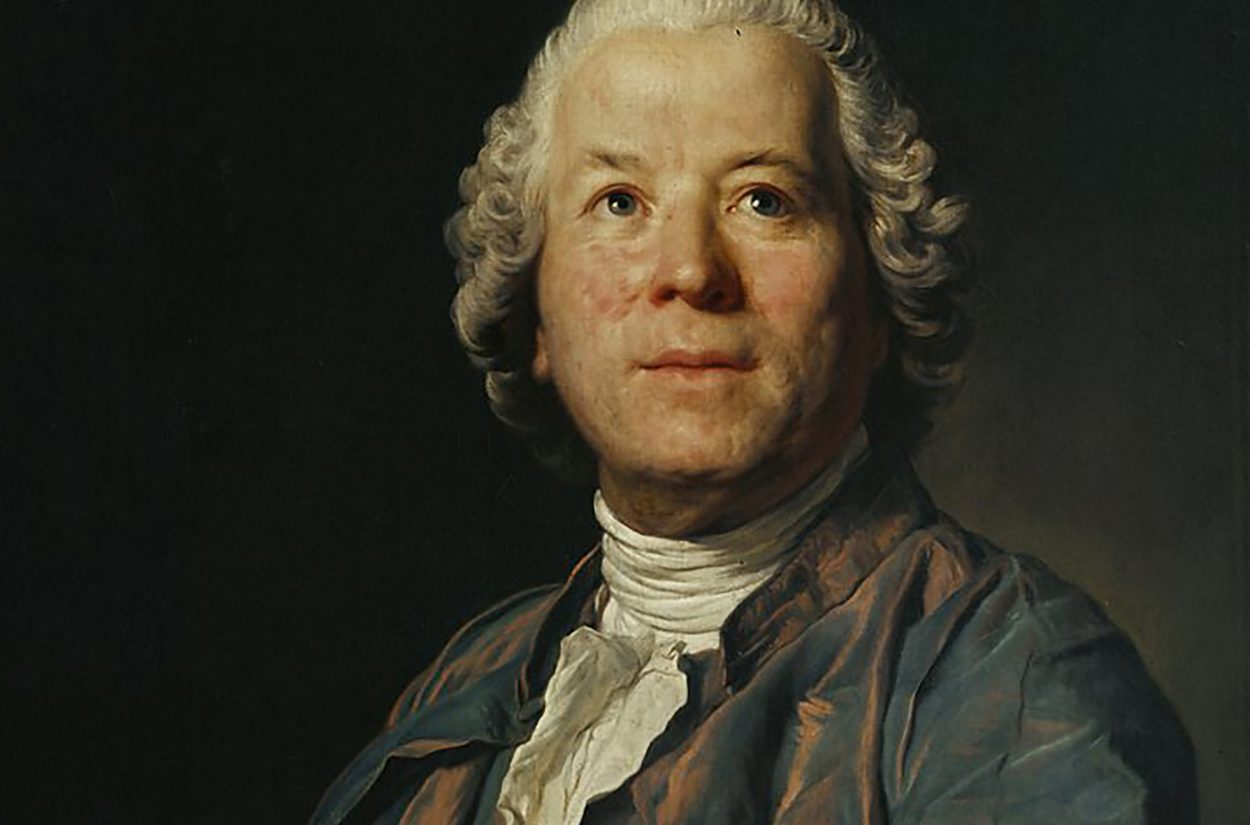
Christoph Willibald Gluck – Biography and Life
Christoph Willibald Gluck (1714–1787) was a German composer of the Classical era, renowned for his significant contributions to opera reform. Born on July 2, 1714,[…]
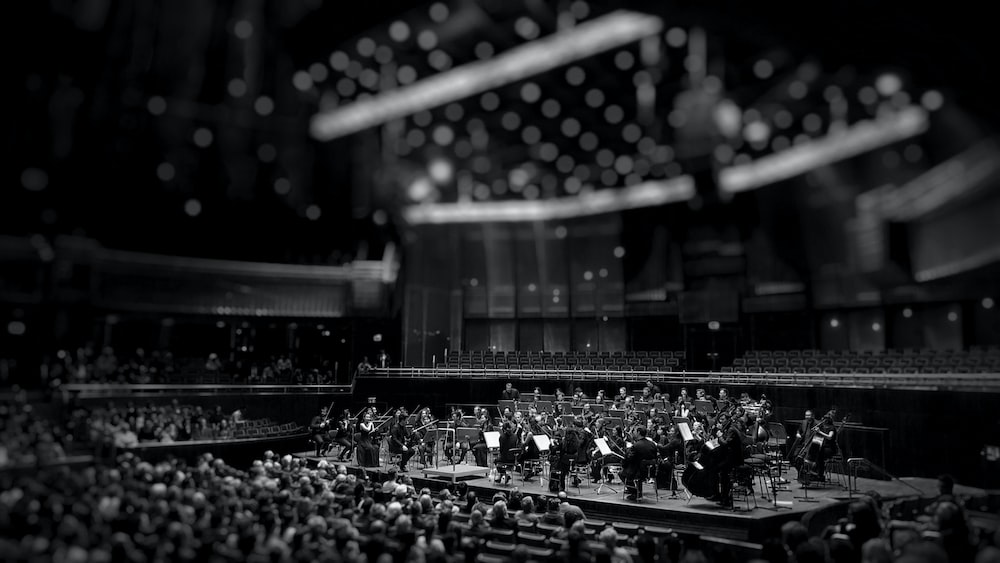
The 100 Best Classical Songs of All Time
Classical music has transcended time and culture, captivating audiences for centuries with its depth, emotion, and complexity. From the serene elegance of Mozart to the[…]
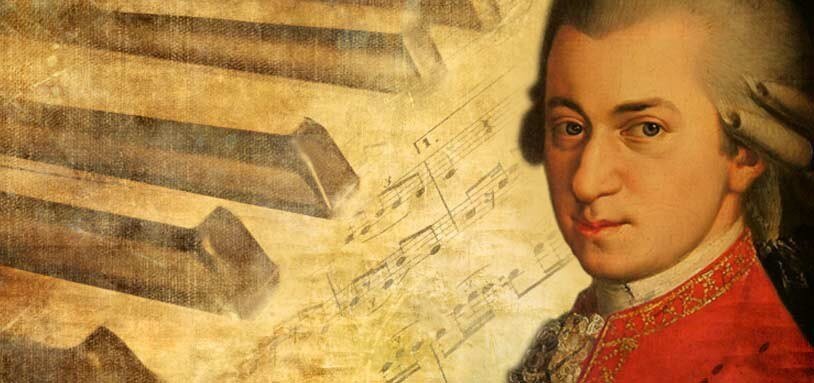
The Musical Genius: Unraveling the Life and History of Wolfgang Amadeus Mozart
In the annals of musical history, few names resonate as profoundly as Wolfgang Amadeus Mozart. Born on January 27, 1756, in Salzburg, Austria, Mozart’s prodigious[…]
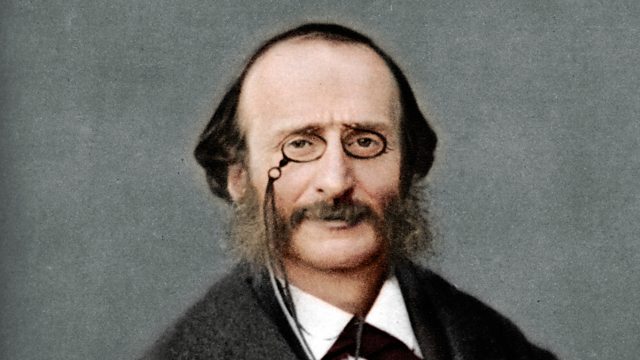
Jacques Offenbach: Unleashing the Joy of Music
In the realm of classical music, few composers have managed to captivate audiences with their exuberant melodies and infectious rhythms quite like Jacques Offenbach. Born[…]